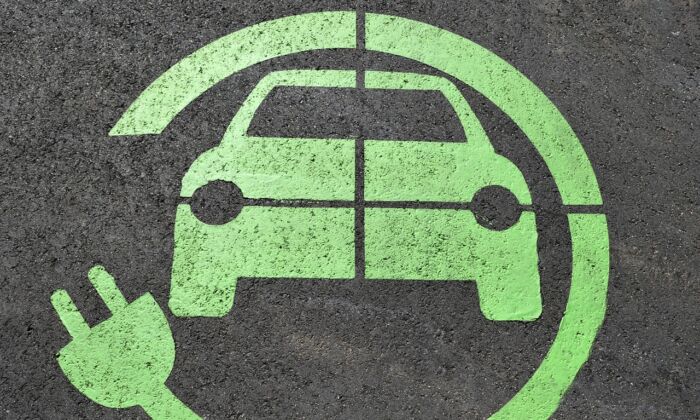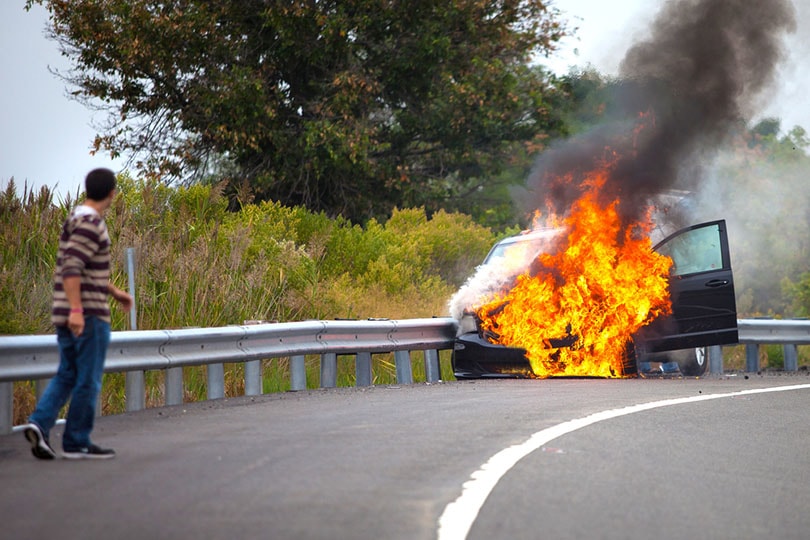- Oct 22, 2012
- 20,343
- 5,500
- 198
So you doing away with all your battery powered tools ?This is the stupidity to boycott. Nowhere in the report does the victim-scapegoat of such media bullshit find out if the battery was charging at the time of the fire:

Fatal fires serve as cautionary tale of dangers of lithium-ion batteries
Lithium-ion batteries were responsible for at least 220 fires in New York City last year.news.yahoo.com
Screw these pimps. The technology to stop battery fires before they start exists now.
NYC only had that many
Wonder how many fossil fuel fires they had






